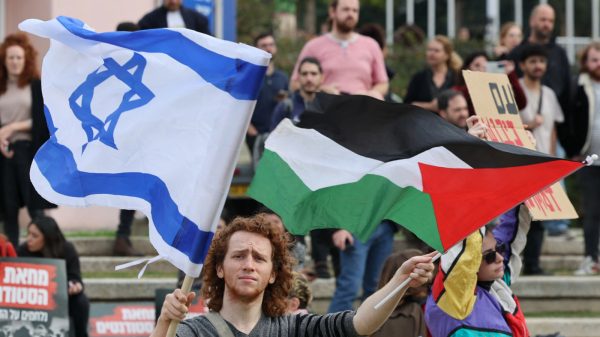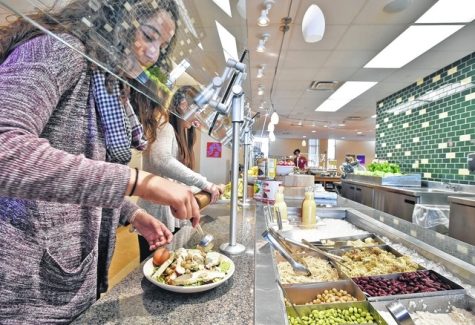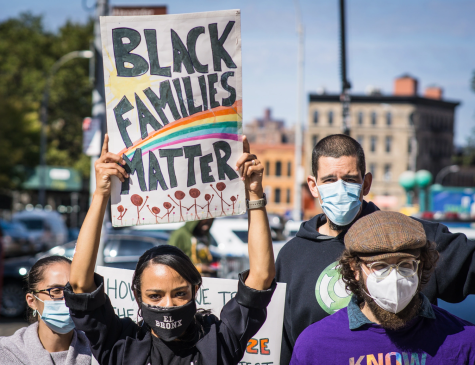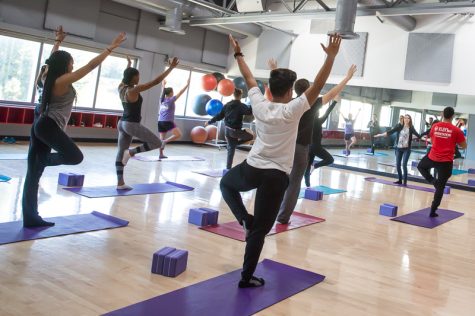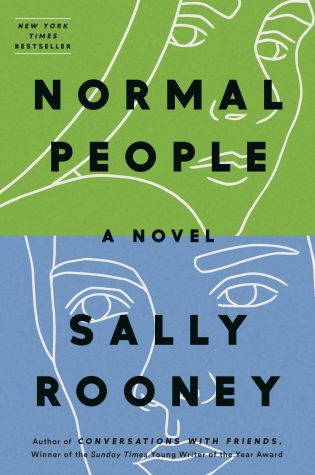Why Black Women Are Seeking Alternative Activism?
June 7, 2020
As protests against police brutality have swept the nation as a result of the Black Lives Matter movement, that was fueled by the murder of George Floyd by Minneapolis Police officer and the murder of many other unarmed victims throughout the years of whom we know and don’t know their names.
To many, It certainly does not come to a surprise that the BLM movement was founded by three Black women, Alicia Garza, Patrisse Cullors, and Opal Tometi because Black women have historically always been committed to social change in their communities, including the landmark Montgomery Bus Boycott of 1953-1955 which was organized by the Women’s Political Council.
Activism and perseverance is an integral part of Black women’s identity. They are organizing protests and standing on the frontlines as I am writing this piece. However, over the years their activism has been heavily marginalized, as most of the spotlight has been geared towards the killing of Black men when Black women face the same violence from law enforcement.
Breonna Taylor, Sandra Bland, Atatiana Jefferson, Bettie Jones, and Tiara Thomas are women that died at the hands of police officers. Although the hashtag #Sayhername is attempting to bring their stories to the public’s attention, Black women are demanding an equal amount of visibility not only during protests.
The violence that erupted at protests is especially concerning as Black women’s interaction with the state and police interaction is pervasively multi-layered and violent. During the Austin protests this weekend, a police officer shot a pregnant woman, Saraneka Martin, with a rubber bullet in the abdomen area. When Martin went to the hospital to check on her baby, she was quickly dismissed.
Among the countless acts of violence Black women and girls have received throughout the week, is 17-year-old Darnella Fraizer, who witnessed and shared the viral video of Floyd’s murder. Frazier has since received multiple death threats for “not intervening” but she did more than what lied on her shoulders. She risked her life and filmed an awful tragedy, this is the video that’s responsible for America’s uprising against police brutality. Instead of protecting her minor status and her identity, Frazier was quickly outed and finds herself going through a perplexing trauma of which no minor should ever be subjected to.
The high level of violence against Black women has encouraged many of them on social media to consider alternative ways of activism while prioritizing their safety and their vulnerability first.
“Black Women you are not a mule, nor a political robot. Do what you want, if you want to speak, then speak but if you don’t want to, then don’t. Please don’t feel like you have to fight, we have been fighting all our lives, you’re going to be fine, trust,” Twitter user high priestess tweeted.





